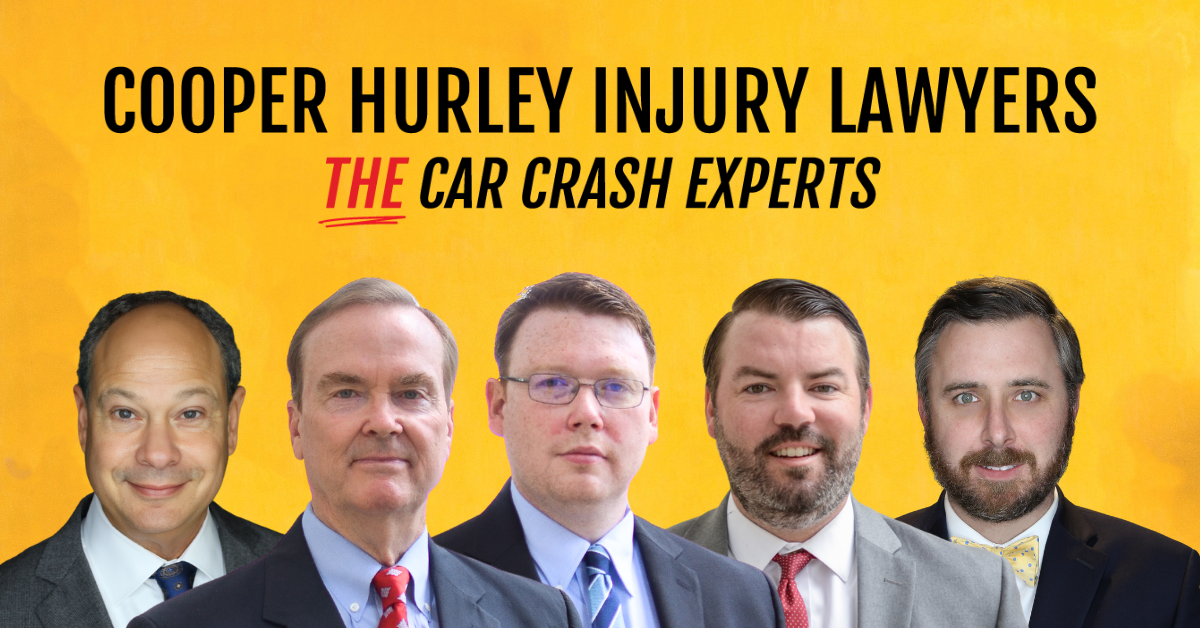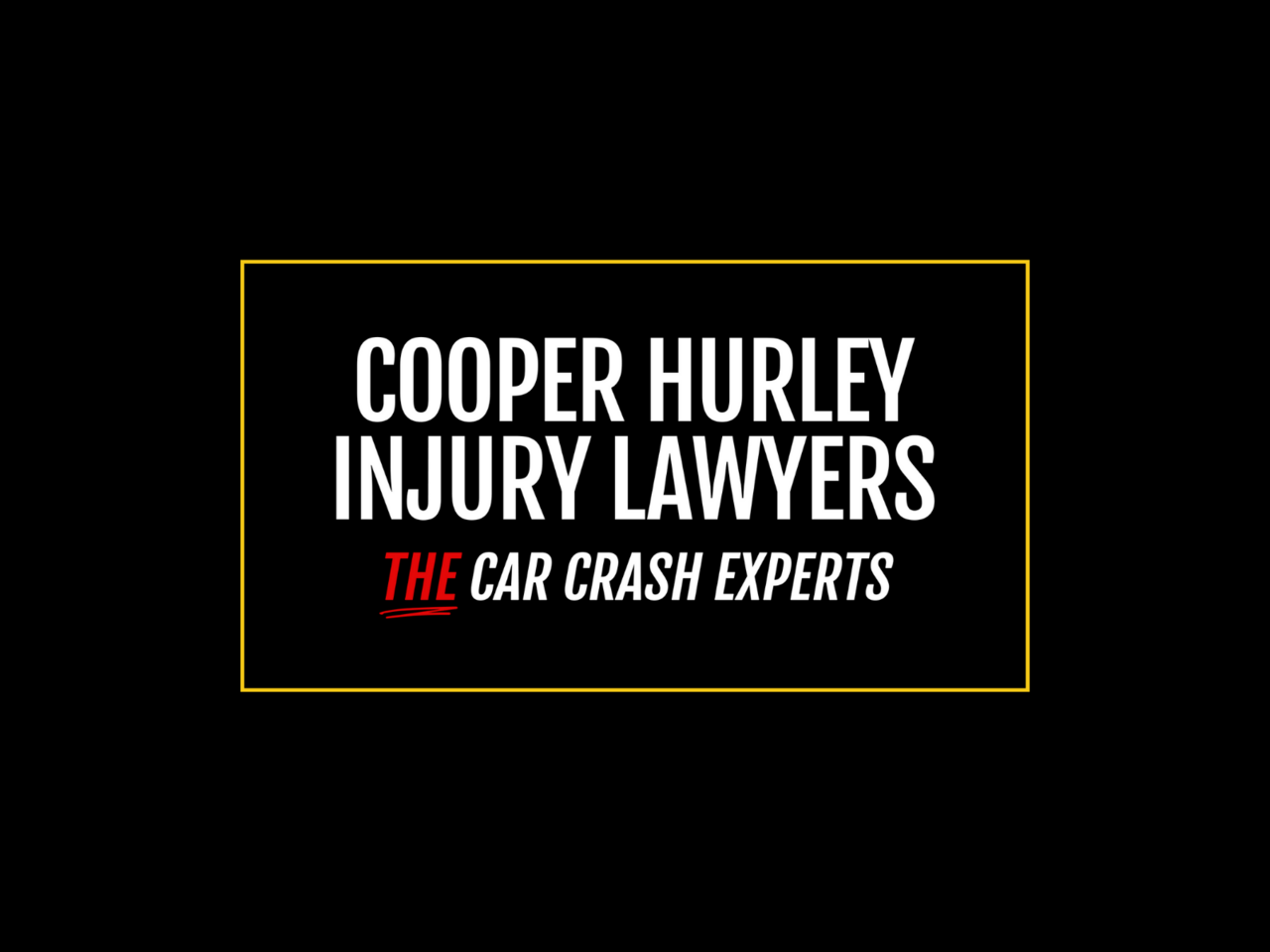As The Car Crash Experts, Cooper Hurley Injury Lawyers is deeply familiar with the dangerous roads and intersections throughout Hampton Roads. In 2024 alone, nearly 130,000 car crashes occurred across Virginia, with 27,000 in Hampton Roads. While many of these crashes resulted in property…
Blog
Understanding Virginia moped laws is vital to your safety and can help you avoid violations that lead to fines. Moped drivers in Virginia should: Verify that their vehicle fits the legal definition of a moped Register your moped Wear protective gear Follow all riding…
No amount of money can make up for the loss of a loved one, but financial compensation can provide a measure of accountability for surviving family members. If you have lost a loved one due to someone else’s carelessness in Virginia, you may be…
Whether on or off base, a car accident while on active duty comes with many unique legal implications. At Cooper Hurley Injury Lawyers, we understand the challenges of military life. To better serve members of the armed forces, we have offices conveniently located near…
It is common knowledge that serious motor vehicle accidents can cause broken bones, ligament tears, sprains, and strains. Many people don’t realize, however, that a serious car accident can cause injuries to your cardiovascular system. A car, truck or motorcycle accident is a very…
Key Takeaways Contributory negligence in Virginia presents a significant hurdle for personal injury victims, barring compensation even when they are minimally responsible for their injuries. Defendants and insurers in Virginia often utilize contributory negligence to evade liability, leveraging the strict legal doctrine to…
A personal injury lawsuit may allow you to collect damages, including compensation for medical expenses, lost wages, pain, and suffering. But are personal injury settlements taxable? It depends on the type of compensation you receive and previous exemptions you claimed on your tax returns….
Crossing the road has never been more deadly in Virginia. That’s the conclusion to be drawn from new figures that show pedestrian deaths hit an all-time high in Virginia in 2022. Virginia Department of Motor Vehicles (DMV) recently released its 2022 Traffic Crash Facts…
Ever since the disastrous derailment of a Norfolk Southern freight train in Ohio in February, the railroad operator’s safety record has made headlines. In May, the National Transportation Safety Board (NTSB) announced it would investigate the derailment of a Norfolk Southern freight train in…
Motorcyclists are some of the most vulnerable road users, and the most common motorcycle accident injuries are often severe. Nearly 1700 motorcyclists were injured on Virginia’s roads in 2022. Of those, 762 suffered serious injuries. Some types of injuries are particularly rampant among Virginia…


















